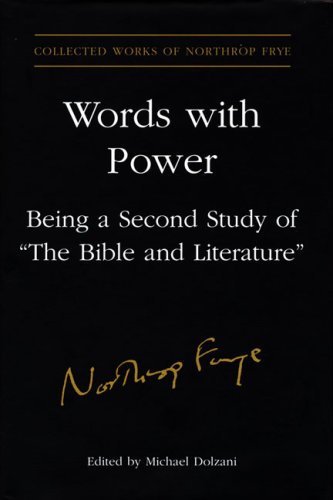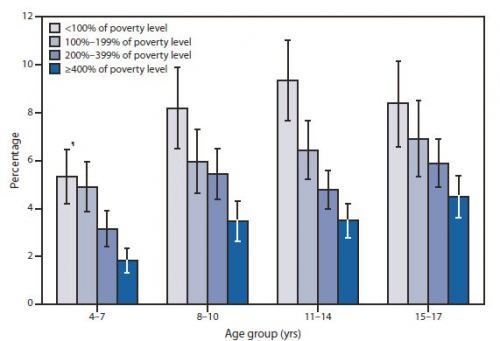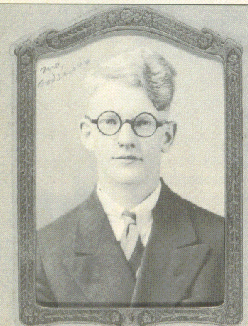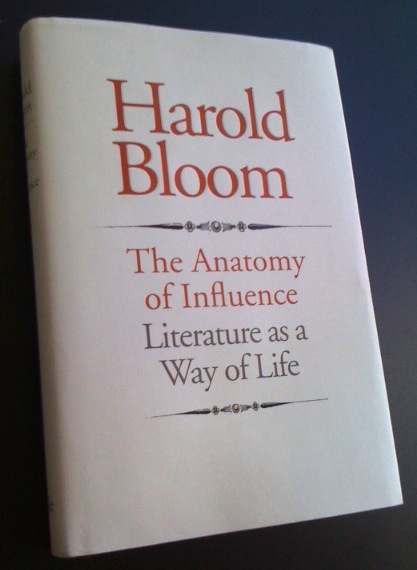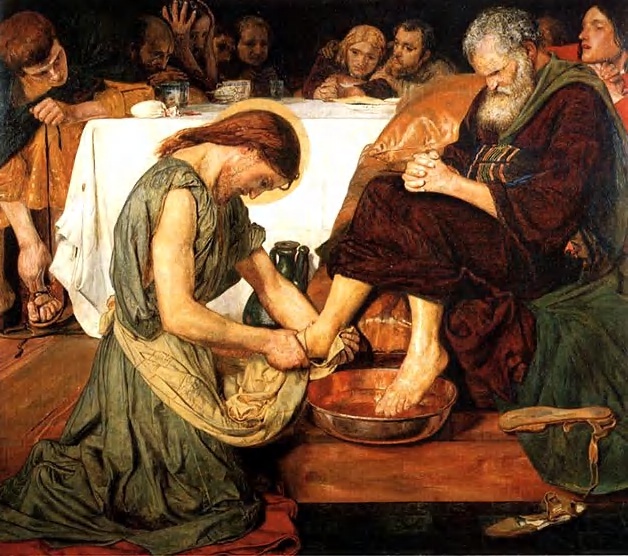Saman Mohammdi cites Frye to characterize the rhetorical abuse of language in current political discourse. The entire article is here.
Canadian literary critic Northrop Frye said that words convey cultural and societal myths and make particular ideological beliefs hold sway over people’s minds. In his book Words with Power Frye noted the power of language to establish certain myths in a society and enable those myths to be passed on to future generations, writing:
Myth loses its ideological function except for what is taken over and adapted by logos . Myths that are no longer believed, no longer connected with cult or ritual, become purely literary; myths that retain a special status in society are translated into logos language, and are taught and learned in that form. (2).
The neoconservatives and other cliques who work for Washington’s hidden establishment have exploited the power of myth and the dark power of words to pursue criminal goals both inside America and in the Middle East. But all this is well known by political spin doctors and directors of political campaigns. Barack Obama would never have been elected President if he did not cunningly exploit the power of rhetoric and repeat universal words like “hope” and “change” to hypnotize voters and get them to think positively about him. He is slick, but not wise. A wise man would never have chosen to be the spokesperson for America’s plutocratic elite and carry out their criminal agenda.
Frye wrote about the politician’s misuse of rhetoric to captivate the crowd and put it in a state of submissiveness. He said:
When the rhetorical occasion narrows down from the historical to the immediate, as at rallies and pep talks, we begin to see features in rhetoric that account for the suspicion, even contempt, with which it was regarded so often by Plato and Aristotle. Let us take a rhetorical situation at its worst. In intensive rhetoric with a short-term aim, there is a deliberate attempt to put the watchdog of consciousness to sleep, and the steady battering of consciousness becomes hypnotic, as the metaphor of “swaying” an audience suggests. A repetition of cliché phrases is designed to bring about a form of dissociation. The dead end of all this is the semi-autonomous monster called the mob, of which the speaker is now the shrieking head. For a mob the kind of independent judgement appealed by dialectic is an act of open defiance, and is normally treated as such. (3).
Obama’s mob, like Bush’s mob, and Palin-McCain’s mob, have no idea who or what they are supporting because they want to cheer on their leaders instead of ask serious questions about their background, philosophy, and political programs. They are totally identified with them. When someone points out to them that they have been betrayed by the entire political establishment, republican and democrat alike, they half-agree, calling the other side evil, and continue to worship their chosen leader. They view anybody who questions the word or morality of their leader as a threat to their existence. Rather than engage in a debate with people who have a different opinion they resort to all sorts of childish tactics like calling them a “conspiracy theorist,” an “extremist,” and even a “traitor” without any evidence to support their statements. They don’t have any idea what these words were designed for but they repeat them anyway to silence critics and shut down debate.
